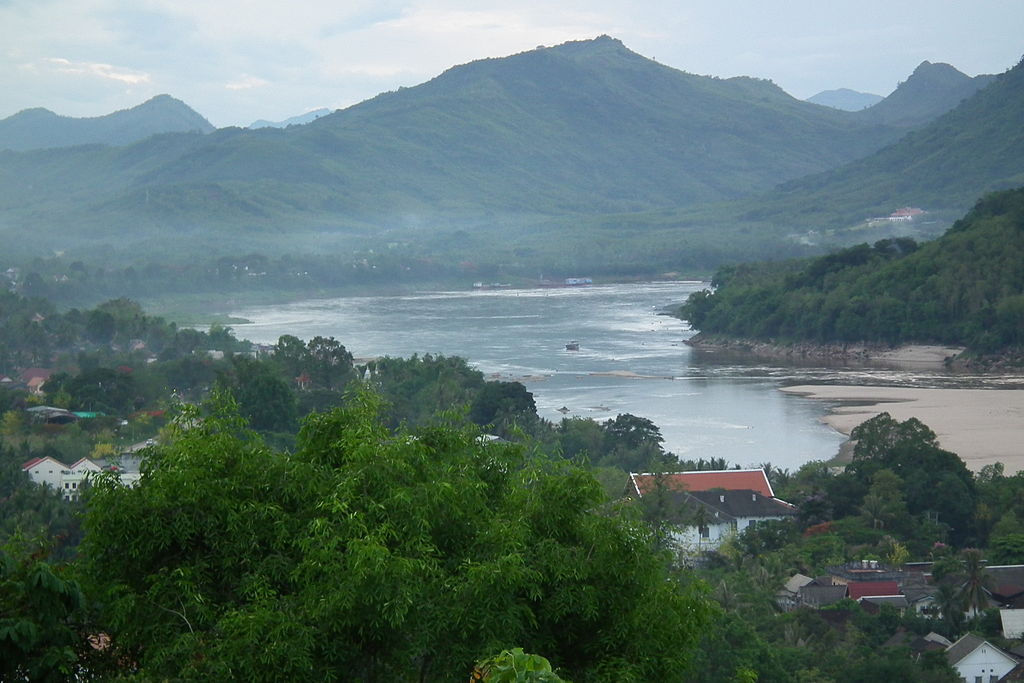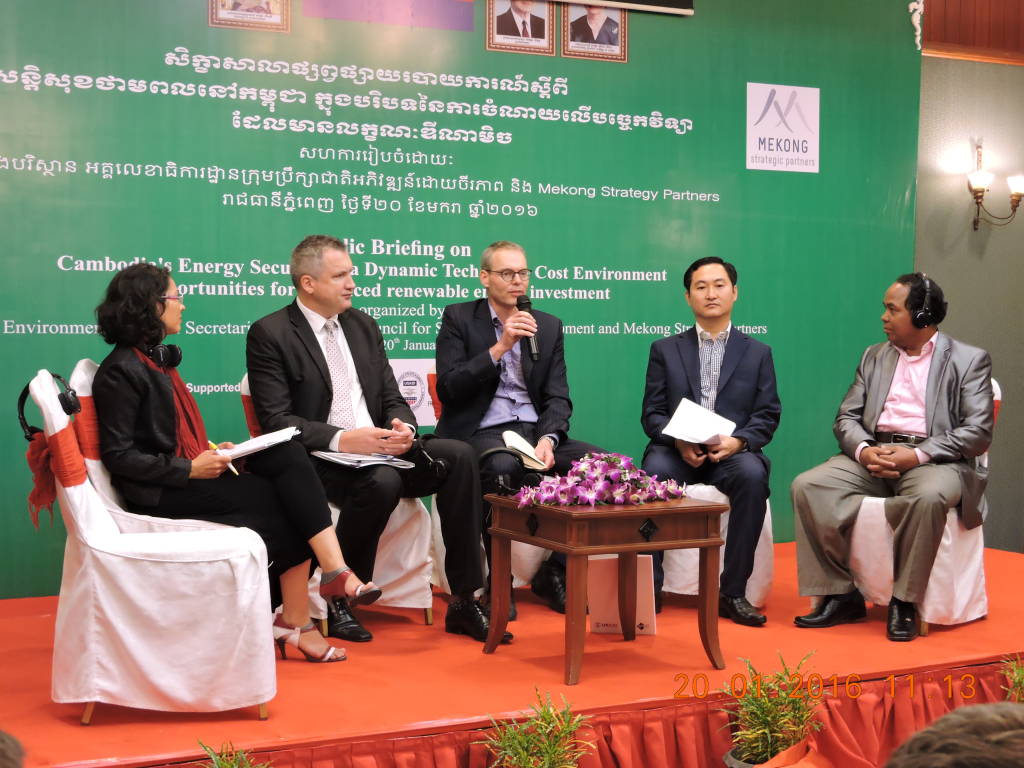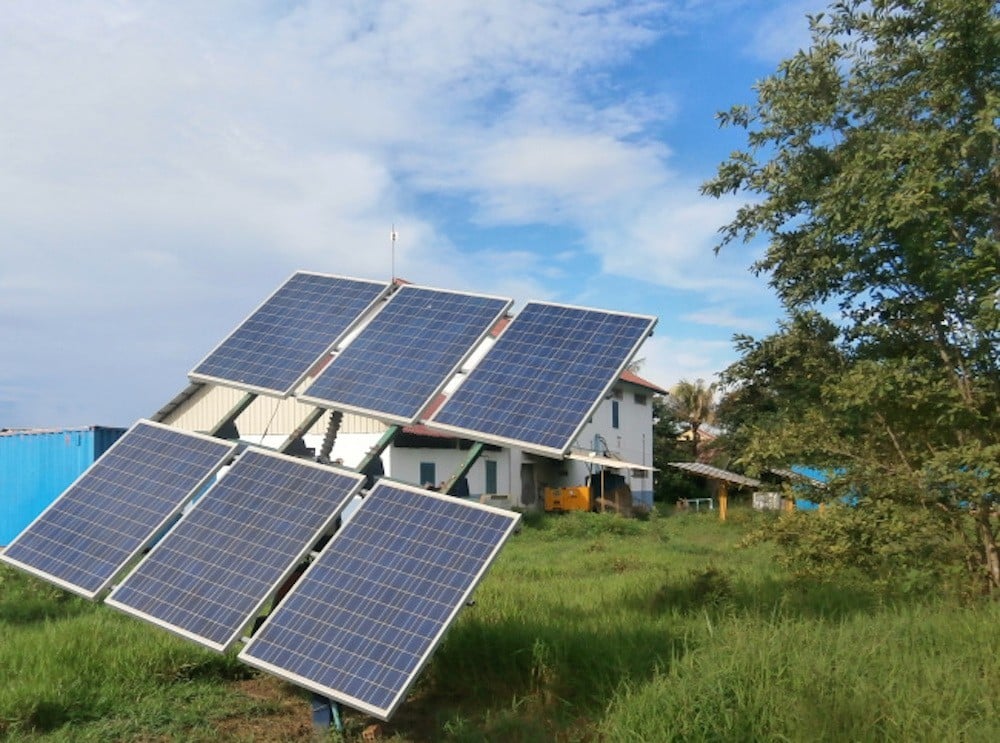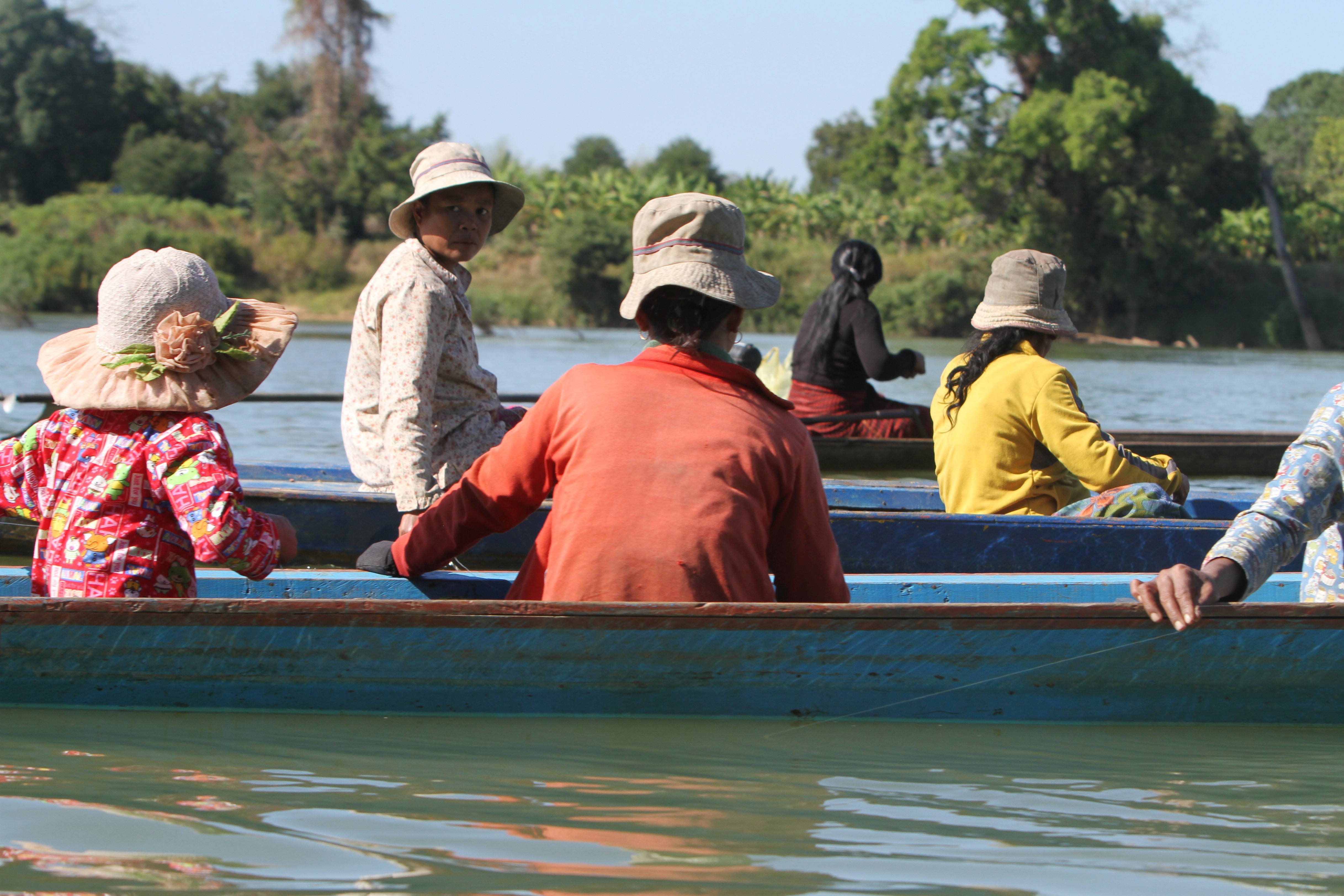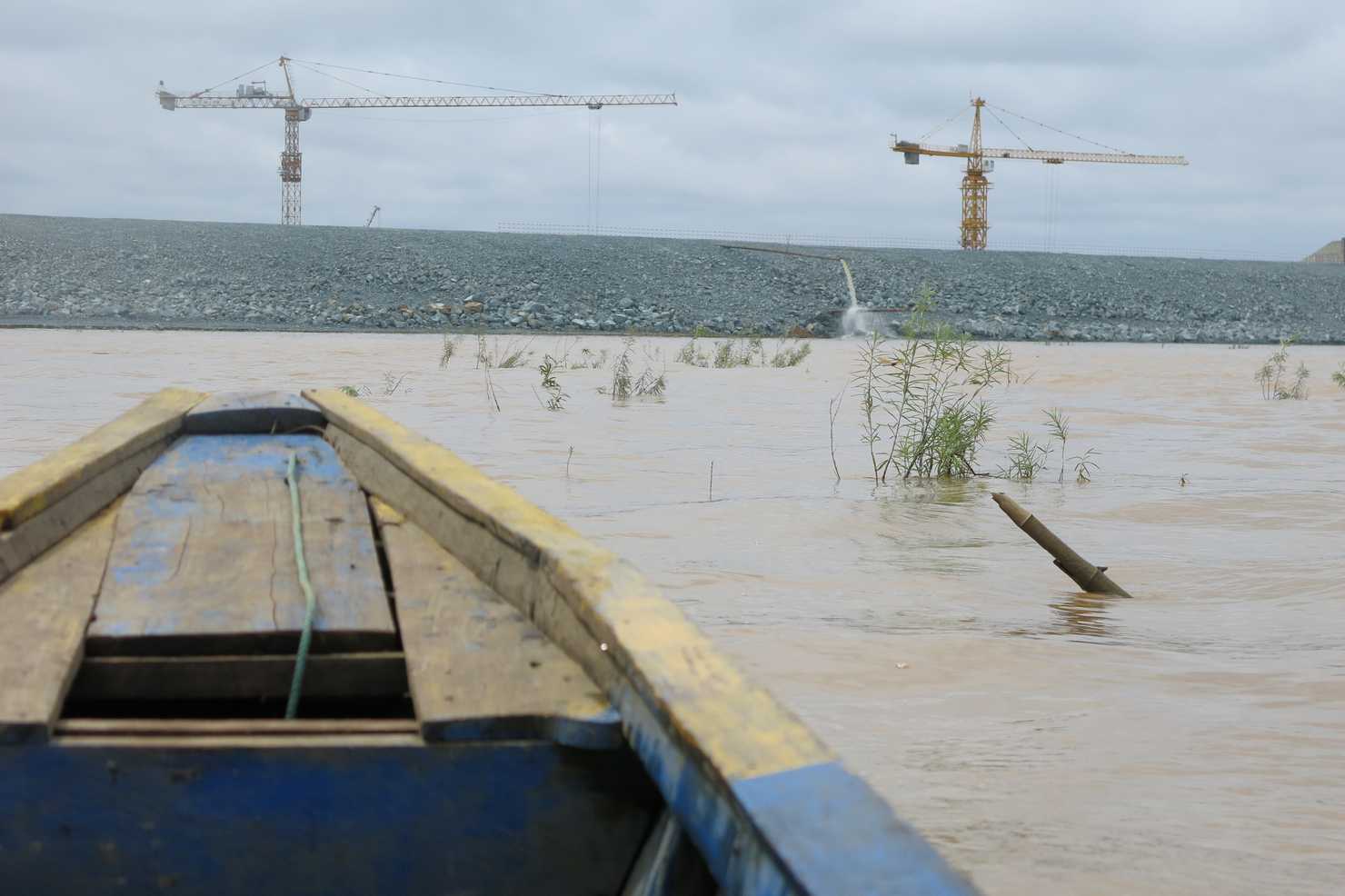Can a free piece of open source software help rangers combat the country’s rapid deforestation?
A long with their camouflaged jackets and AK-47s, rangers in Preah Vihear protected forest now carry tablets or smartphones into the jungle when they go out on patrol. When they encounter loggers or find evidence of illegal logging, they type in details about the encounter, such as how much timber was found, or how many chainsaws were confiscated into the device. The data is linked to their location, and the team moves on to the next bust.



